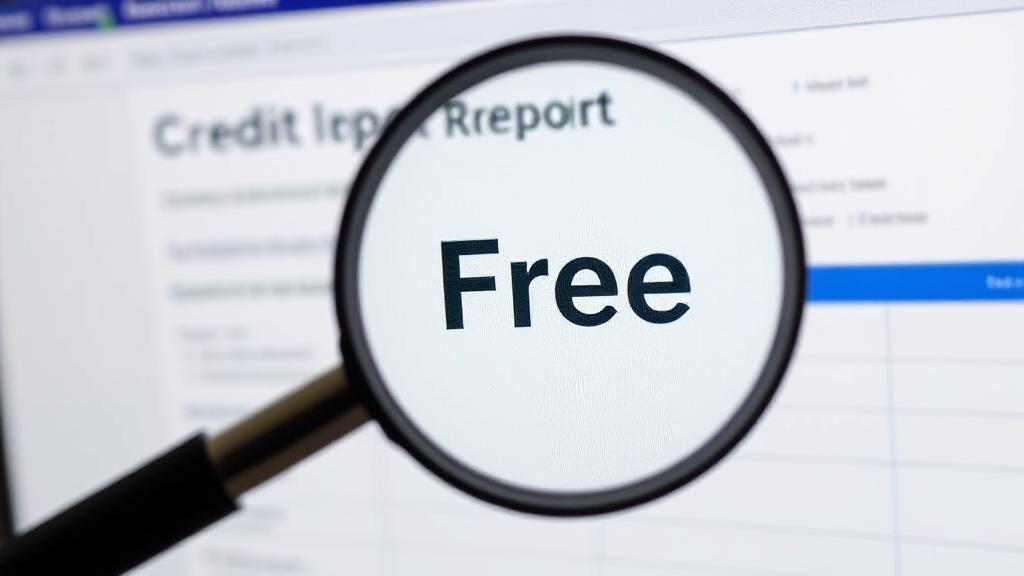Understanding Credit Reports
A credit report is a detailed record of your credit history, compiled by credit bureaus. It includes information about your credit accounts, payment history, and public records related to your financial behavior. Regularly checking your credit report is crucial for maintaining financial health and ensuring there are no errors or fraudulent activities affecting your credit score.
Why You Should Check Your Credit Report
- Identify Errors: Mistakes on your credit report can lower your credit score
- Prevent Fraud: Monitoring your credit report can alert you to identity theft or unauthorized accounts
- Financial Planning: Understanding your credit standing helps with informed decisions about loans
- Prepare for Major Purchases: Important when planning to buy a house or car
- Monitor Overall Financial Health: Helps track your credit progress
How to Obtain Your Free Credit Report
AnnualCreditReport.com Method
The only authorized website for free credit reports is AnnualCreditReport.com. This site is federally mandated and operated by the three major credit bureaus: Equifax, Experian, and TransUnion.
Steps to Get Your Report:
- Visit AnnualCreditReport.com
- Click "Request your free credit reports"
- Fill out the required personal information
- Select which reports you want to view
- Verify your identity through security questions
- View and print your report
Alternative Request Methods
By Phone: Call 1-877-322-8228 to request through an automated system
By Mail: Download the request form and mail to:
Annual Credit Report Request Service P.O. Box 105281 Atlanta, GA 30348-5281
Required Information
Before starting, gather:
- Full name
- Date of birth
- Social Security number
- Current address
- Previous addresses (if moved in last two years)
What to Review in Your Report
Personal Information
- Name variations
- Current and previous addresses
- Employment history
- Social Security number
Credit Account Details
- Open and closed accounts
- Payment history
- Credit limits
- Account balances
- Recent activity
Disputing Errors
If you find inaccuracies:
- Contact the credit bureau online or by mail
- Explain the error in detail
- Provide supporting documentation
- Keep copies of all correspondence
- Follow up after 30 days
The credit bureaus must investigate disputes within 30 days and provide written results.
Special Circumstances
Additional free reports are available if you:
- Are unemployed and job hunting within 60 days
- Receive welfare
- Are a victim of identity theft
- Were denied credit, insurance, or employment based on your report
Additional Tips
- Consider staggering requests throughout the year (one bureau every four months)
- Save or print copies for reference
- Review reports before major financial decisions
- Set calendar reminders for next free report eligibility
- Due to COVID-19, free weekly online reports are available through December 2023
Remember, checking your own credit report is a "soft inquiry" and won't affect your credit score. Regular monitoring helps detect errors and potential fraud early, maintaining your financial well-being.
